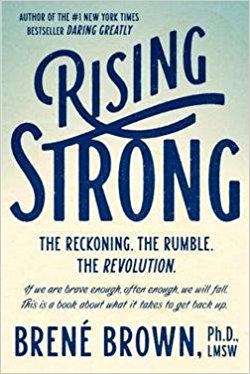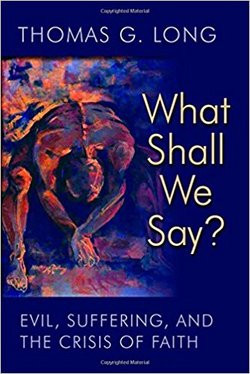|
Gathered in Fairbanks, Alaska, September 21-26, 2017
The bishops of The Episcopal Church came to Alaska to listen to the earth and its peoples as an act of prayer, solidarity and witness. We came because:
What does listening to the earth and its people mean? For us bishops, it meant:
What did we hear?
God calls us to listen to each other with increased attention. It is only with unstopped ears and open eyes that our hearts and lives will be changed. It is through the reconciling love of God in Jesus and the power of the Holy Spirit that we and the earth itself will be healed. A Prayer for Our Time and for the Earth Dear God, Creator of the earth, this sacred home we share; Give us new eyes to see the beauty all around and to protect the wonders of creation. Give us new arms to embrace the strangers among us and to know them as family. Give us new ears to hear and understand those who live off the land and to hear and understand those who extract its resources. Give us new hearts to recognize the brokenness in our communities and to heal the wounds we have inflicted. Give us new hands to serve the earth and its people and to shape beloved community. For you are the One who seeks the lost, binds our wounds and sets us free, and it is in the name of Jesus the Christ we pray. Amen.  Mother Susan's Book Recommendation: Rising Strong - by Brene Brown If you are not familiar with Brene Brown - I recommend you google her and listen to her speak. Not only is she a notable sociologist, Writer and amazing story-teller, she is also one of the hottest commodity speakers for Episcopal Bishops to invite to their gatherings. She's an Episcopalian from Houston who offers real tools ... for living a brave life - especially when it's not easy. Inevitably, all of us are going to stumble and fall. It is the rise from falling that Brown , takes as her subject in Rising Strong. As a grounded theory researcher, Brown has listened to a range of people - from Fortune 500 leaders to the military; from artists, couples in long-term relationships, teachers, and parents - who have shared their stories of being brave, falling, and getting back up. Our stories of struggle can be big ones, like the loss of a job or the end of a relationship, or smaller ones, like a conflict with a friend or colleague. Regardless of magnitude or circumstance, the rising strong process is the same: We reckon with our emotions and get curious about what we're feeling; we rumble with our stories until we get to a place of truth; and we live this process, every day, until it becomes a practice which can truly heal and change our lives. This #1 New York Times Bestseller teaches us much about how we cultivate wholeheartedness.  Nick's Book Recommendation: What Shall We Say: Evil, Suffering, and the Crisis of Faith. Published in 2011, Tom Long, the Bandy Professor of Preaching at the Candler School of Theology at Emory University reflects on the charged topic of “theodicy.” In this short volume Long's thesis centers on, "how believers can hold together important faith claims that seem, on the surface anyway, to be incompatible: that there is a God, that God is loving and just, that God is all powerful, and that there is undeserved suffering in the world." Many of you, no doubt, have read Rabbi Harold Kushner's book When Bad Things Happen to Good People. Long's work addresses certain claims made by Kushner and I believe offers a relevant critique to be mindful of when discussing the problem of evil. For as Long states, "theodicy is not about coming up with excuses for God's behavior in a world of evil but about how faith in a loving God is plausible, given what we know and experience about suffering." |
Archives
January 2021
|


 RSS Feed
RSS Feed
